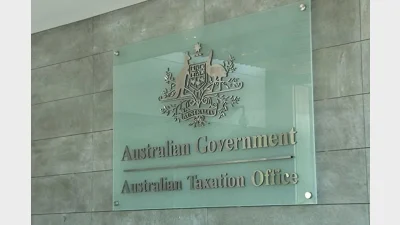(March-2003) Surcharge back on centre stage
The superannuation surcharge is back in the limelight after a High Court ruling last month gave state judges an exemption from the unpopular tax.
According to the Association of Superannuation Funds of Australia (ASFA), the surcharge now affects 10 per cent of the workforce each year, equating to 900,000 individuals. ASFA expects this figure to continue to grow as more individuals accumulate super over the course of their careers.
“It’s fair to say the super surcharge is now creeping into what is generally regarded as the middle income area,” says ASFA CEO Philippa Smith.
When introduced in 1996, the surcharge was expected to affect 350,000 individuals and collect around $300 million in tax. However, in 2002-03 an estimated $800 million will be raised.
According to Smith, there is a myth that the surcharge only affects very high income earners. The problem, she says, is the definition of income for surcharge eligibility, which includes superannuation contributions, fringe benefits and long service leave entitlements.
“An individual on a mid-range salary package of around $60,000 per annum can become subject to the surcharge if they have some reportable fringe benefits or are retrenched with accrued long service leave,” Smith says.
Those with fluctuating incomes are also unfairly caught by the tax, including women or others with broken work patterns trying to increase their savings.
Smiths says: “The absurdities of this tax continue to grow. The only fair and equitable solution is to remove all contributions taxes on super and deal with equity concerns when benefits are paid.”
The Federal Government proposed a phased cut in the surcharge rate in the last Budget, a move so far blocked by Labor in the Senate.
Recommended for you
The responsible investment body is warning that a one-size-fits-all ESG framework mirroring those in the UK and the EU could do more harm than good.
Australian super funds are monitoring the US closely as President Donald Trump increasingly intervenes in corporate policy, moves that are reverberating through global markets and prompting reassessments of portfolio risk.
Industry fund HESTA has filed an appeal against an ATO decision on tax offsets from franking credits, with the Australian Retirement Trust set to file a similar claim soon.
The latest superannuation performance test results have shown improvements, but four in 10 trustee-directed products continue to exhibit “significant investment underperformance”, warns APRA.











